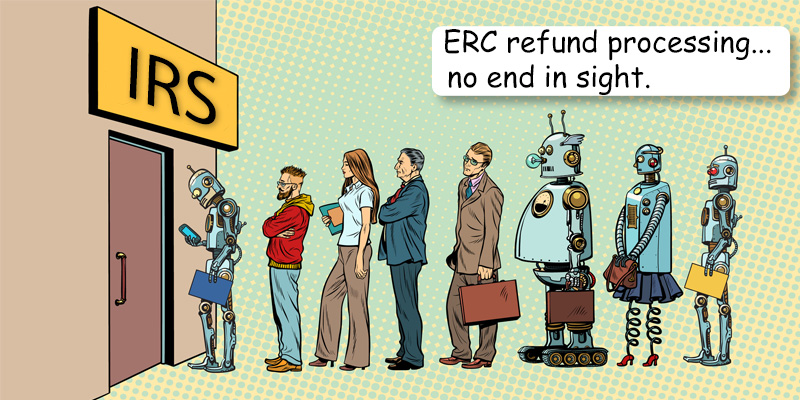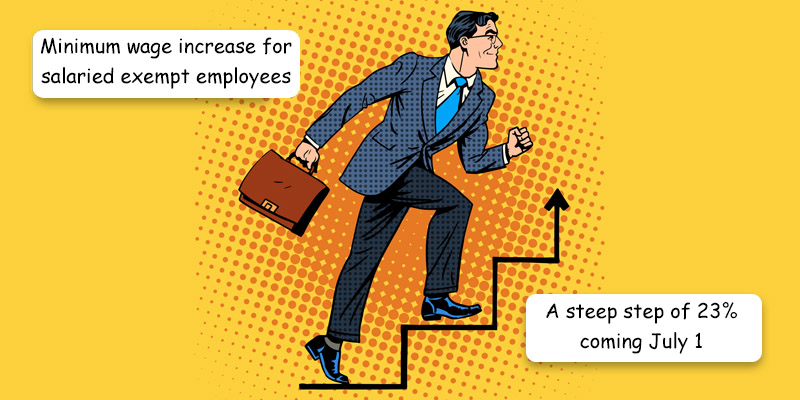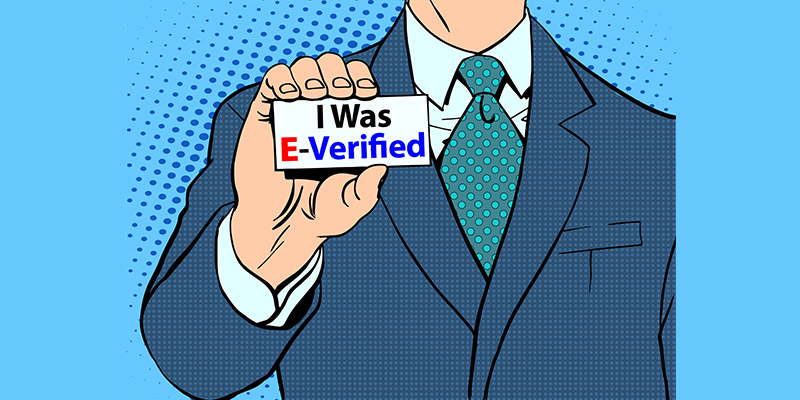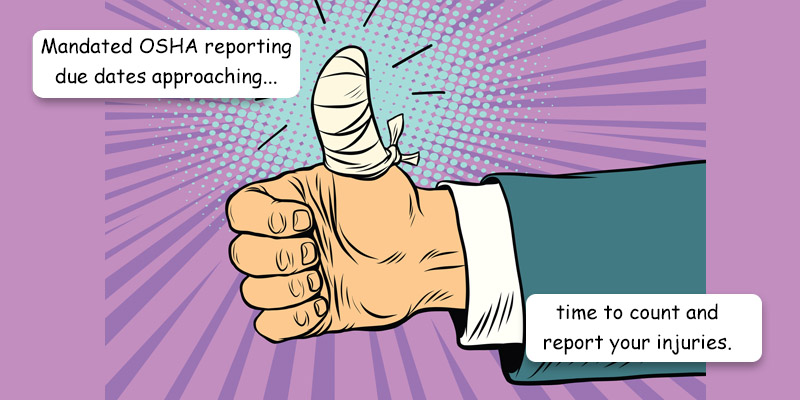I am surprised that I have not covered maternity leave in the past nine years, as it is a relevant topic that can impact every employer from the beginning of time. In fact, at PayMaster we have had about a dozen employees take time off for maternity or paternity leave over our past 30 years; there were even twins once. The term maternity leave covers an employee who is away from work to care for the addition of a child to their family through birth, adoption or foster care placement, but what does it entail? Eligibility, including whether one is…
Posts published in “Uncategorized”
There is a fair amount of activity with the IRS-processing Employee Retention (Tax) Credit (ERC) refunds with two announcements this past month. I would call it good news for those who have legitimate claims and bad news for those who filed a not-so-legitimate claim. Actually, not all bad news for the not-so-legitimate claim group. The IRS has reopened the Voluntary Disclosure Program (VDP), which will run through November 22, 2024. As you may recall, this was started earlier this year whereby the IRS allowed you to revoke your claim and return any funds you believe were improperly claimed, keeping 20%…
There has been a significant amount of confusion regarding the new and mostly unknown Beneficial Ownership Information (BOI) reporting requirements, so let’s get to the bottom of what it is and what you need to do to keep your business out of trouble. In 2021, Congress passed the Corporate Transparency Act (CTA), a law to help prevent financial crimes like money laundering, corruption and tax fraud. Among other things, the law requires certain business entities to disclose information about their owners, and those who control the business, to the Financial Crimes Enforcement Network (FinCEN), a division of the U.S. Treasury.…
Multiple lawsuits have been filed against the IRS, alleging that their lengthy processing time for ERC claims is violating their rights, including one to stop the moratorium that was imposed on new filings made after September 14, 2023. In recent IRS responses to these lawsuits, we have learned new information on how they intend to clear their backlog of 1.4+ million returns they have had as of May 18, 2024. 880,000 of those returns were filed before the moratorium on September 14, 2023, so in essence, the fact there is a moratorium at all, those returns received after that date…
While there are regular updates to the minimum wage for hourly employees, at least on the state level, changes to the minimum salary for Fair Labor Standards Act (FLSA) exempt employees are not as common. Looking back twenty years ago to 2004, the minimum weekly salary for a FLSA exempt employee was only $445. In 2016, President Obama attempted to double that weekly amount to $913, but a federal judge blocked it just days before it was to take effect. It was ultimately increased to $684, effective January 1, 2020, where it currently stands. As of July 1, 2024, the…
Time rounding. A practice that once had a purpose, should go the way of the dinosaurs. Back in the caveman days, when an employee stuck their timecard in a dinosaur’s mouth to punch in and out, payroll administrators needed a quick way to total hours. The fastest way to do that was to round punches; Looking at a shift and seeing 9:06 a.m. to 5:03 p.m. or 8:55 a.m. to 5:07 p.m. and calling them both as eight-hour days. With modern technology, that is no longer the case. Automated timekeeping systems are able to calculate punches to the minute without…
They say timing is everything, and if there were ever a time to implement a 401(k) plan, the time is now. We first wrote about the Secure Act 2.0, in this post back in February 2023, a short time after it was signed into law by President Biden. One of the best parts of this act is that the government wants to give business owners money to start a plan AND even better, they want to give you money to give to your employees. This is accomplished in three different tax credits to small business owners, as covered below. Let’s…
We are often asked, in regards to rehires, if a new Form I-9 or E-Verify case is required. Employers have the option of treating all rehired employees as new hires by completing a new Form I-9 and creating a case in E-Verify. This may be the best practice because you will always have your bases covered. The only downside is the time it takes to perform the possible repetitive work. If you rehire a former employee within three years of the initial execution of the previous Form I-9 but did not create an E-Verify case and receive an ‘employment authorized’ response…
Selecting a health insurance plan for your employees is harder than ever, with the exponentially rising costs and endless number of plans. Not only are there many different carriers to choose from, but there are also three different types of plans available: Fully-insured health plan: You may even call this the traditional insurance plan, where the employer pays a monthly premium and the insurance company pays all claims. Self-funded health plan: This is where the insurance company is paid an administrative fee and the employer acts as the insurer, paying the claims as they are incurred. This plan is typically…
The Occupational Safety and Health Act of 1970 created the Occupational Safety and Health Administration (OSHA) to ensure safe and healthful working conditions for workers. It is a division of the U.S. Department of Labor and they set and enforce standards, as well as reporting requirements. In short, it is one more set of government regulations many businesses will need to comply with or otherwise, face penalties. Employers with 11 or more employees, at any point in 2023, are required to post OSHA Form 300A, Summary of Work-Related Injury and Illnesses, from February 1 through April 30, unless they qualify…









